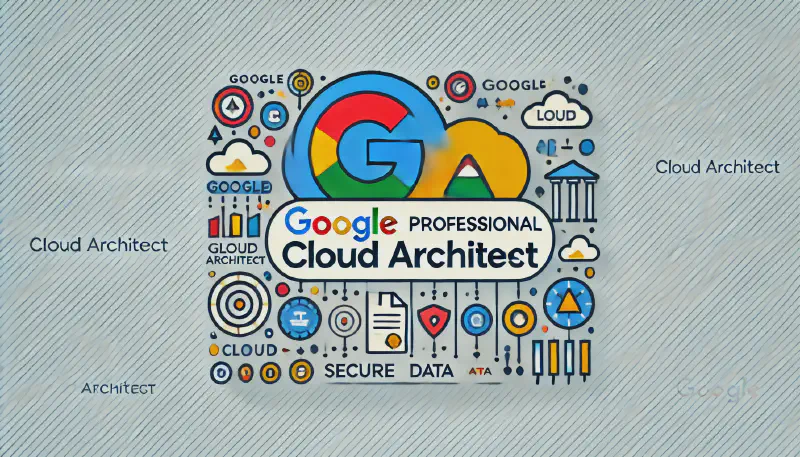1. Scenario Overview
Helicopter Racing League (HRL) is an emerging esports organization focused on competitive helicopter racing simulations. HRL streams live events globally and offers fans real-time stats, telemetry, and replays. The league is planning to move to Google Cloud to enhance scalability, improve user experience, and optimize costs. Their requirements span real-time data processing, low latency streaming, and robust analytics capabilities.
Link: Helicopter Racing League Case Study
2. Summary of Core Solutions
| Requirement | GCP Solution |
|---|---|
| Real-Time Data Processing | Dataflow, Pub/Sub |
| Low Latency Streaming | Cloud CDN, Global Load Balancer |
| User Analytics and Insights | BigQuery, Looker |
| Scalable Infrastructure for Events | Compute Engine, GKE |
| AI/ML for Predictions and Highlights | Vertex AI, BigQuery ML |
| Security and Compliance | IAM, Cloud Armor, SCC |
| Continuous Integration and Deployment | Cloud Build, Artifact Registry |
| Cost Optimization | Active Assist, Autoscaler |
3. Question Breakdown by Subject
A. Real-Time Data Processing
- Likely Exam Question: “Which GCP service processes real-time telemetry data from helicopters during live events?”
- Answer: Dataflow and Pub/Sub
- Why: Pub/Sub handles message ingestion and distribution, while Dataflow processes streaming data in real time for stats, leaderboards, and replays.
B. Low Latency Streaming
- Likely Exam Question: “How can HRL deliver low-latency streams to fans globally?”
- Answer: Cloud CDN and Global HTTP(S) Load Balancer
- Why: These services ensure fast content delivery and efficient routing of streaming traffic to minimize latency for global audiences.
C. User Analytics and Insights
- Likely Exam Question: “Which GCP service enables HRL to analyze fan engagement and event metrics?”
- Answer: BigQuery and Looker
- Why: BigQuery provides a scalable data warehouse for analyzing massive datasets, and Looker generates user-friendly reports and dashboards.
D. Scalable Infrastructure for Events
- Likely Exam Question: “What is the best way to handle traffic spikes during HRL’s live-streamed events?”
- Answer: GKE or Compute Engine
- Why: GKE is ideal for containerized workloads and scaling services automatically, while Compute Engine offers flexibility for VM-based workloads.
E. AI/ML for Predictions and Highlights
- Likely Exam Question: “Which GCP service can HRL use to generate AI-powered predictions and video highlights?”
- Answer: Vertex AI and BigQuery ML
- Why: Vertex AI trains and deploys custom models for predictions, while BigQuery ML enables lightweight machine learning directly within the data warehouse.
F. Security and Compliance
- Likely Exam Question: “How can HRL secure its live-streaming platform and user data?”
- Answer:
- IAM: Centralized access control.
- Cloud Armor: Protects against DDoS attacks.
- Security Command Center (SCC): Identifies vulnerabilities and ensures compliance.
G. Continuous Integration and Deployment
- Likely Exam Question: “Which GCP tools support automated build and deployment pipelines for HRL’s platform?”
- Answer: Cloud Build and Artifact Registry
- Why: Cloud Build automates CI/CD pipelines, and Artifact Registry securely stores container images and build artifacts.
H. Cost Optimization
- Likely Exam Question: “Which GCP features can HRL use to optimize costs during non-peak times?”
- Answer:
- Active Assist: Provides cost-saving recommendations.
- Autoscaler: Dynamically adjusts resources based on demand to avoid over-provisioning.
